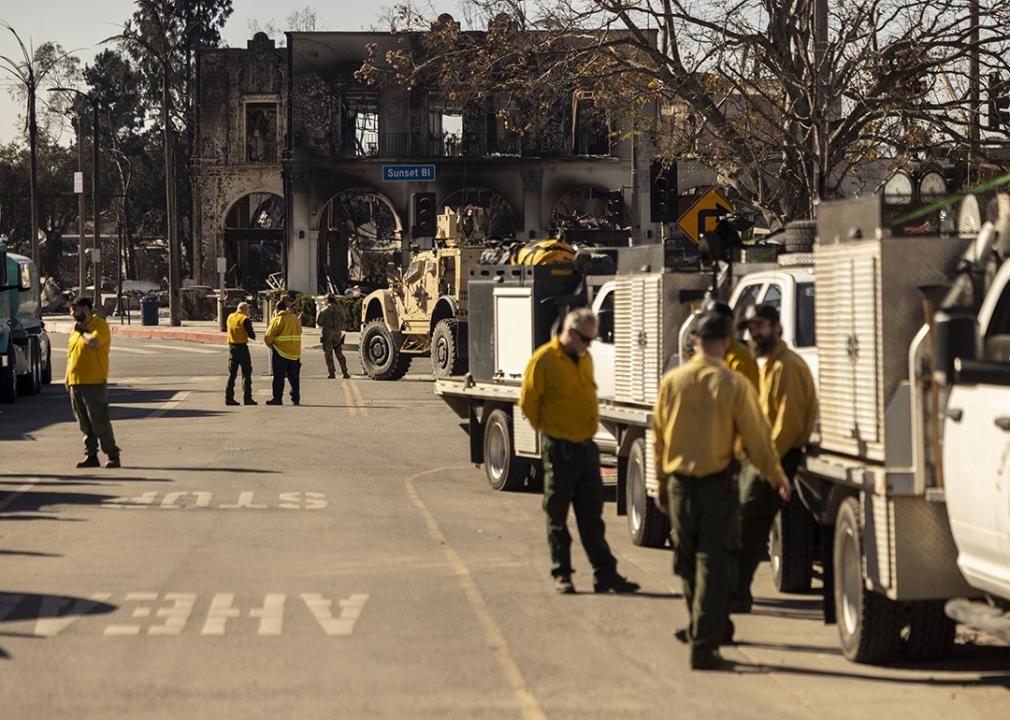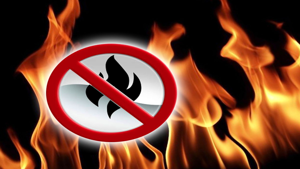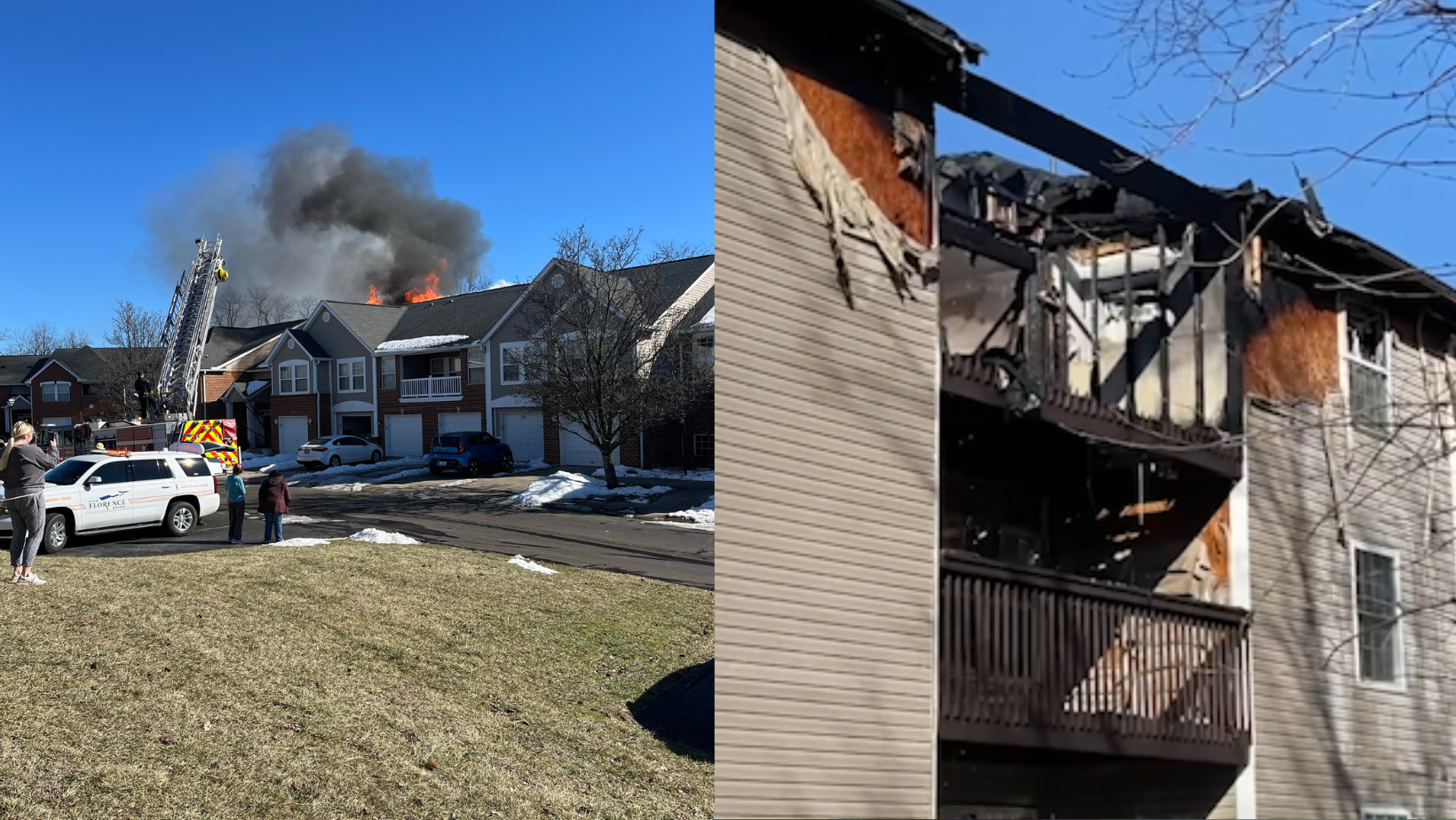The Government is urging the Constitutional Court to reject Dr Dayton Campbell’s claim against using states of public emergency (SOEs) in crime fighting, arguing that he has shown no evidence that his rights were violated.
“Nowhere in the claimant’s affidavit is it stated that these declarations have infringed or is likely to infringe his rights or the rights of the Jamaican people,” argued Faith Hall, director of state proceedings.
Hall was arguing yesterday, the final of a two-day trial of the constitutional claim brought by Campbell, the general secretary of the Opposition People’s National Party.
She started out with a preliminary point, asserting that Campbell did not have any legal standing to bring the claim because he did not provide any evidence that his rights were affected, or that he lived in any of the SOE areas.
The Full Court, which comprised a three-judge panel of justices Bertram Morrison, Andrea Pettigrew Collins and Simone Wolfe-Reece has reserved judgment.
Campbell, in his claim filed in 2023, is challenging proclamations made by the governor general declaring 24 SOEs from January 2018 to November 2023 and their extensions.
He argued that the SOEs were not used for the intended purpose under Section 20 of the Constitution; and that the proclamations breached the separation of powers principle, asserting that the executive bypassed Parliament to extend the measures.
The SOE is a tool under the Constitution which gives the security force power to search without a warrant and to detain persons longer than normal. Section 20 allows the governor general to declare a state of emergency where “action has been taken or is immediately threatened by persons or bodies of persons of such a nature and on so extensive a scale as to be likely to endanger the public safety of the community specified in the schedule”.
Traditional methods ‘not enough’
Hall said the Government was relying on Deputy Commissioner of Police Clifford Blake, who argued that SOEs were needed to disrupt criminal activity and to restore public safety as “traditional policing methods were not enough” to deal with the country’s high levels of crime.
“The goals of the [SOEs] were to reduce crime, including murders and shootings, seize illegal weapons and contraband; disrupt gang activity,” said Hall, in written submissions to the court. She also noted that Prime Minister Andrew Holness told the country that crime was an “epidemic” and should be treated like other epidemics.
However, Campbell’s lead attorney-at-law, King’s Counsel Michael Hylton, argued that the Government’s evidence did not prove that the SOEs were implemented for the purpose stipulated under the Charter of Fundamental Rights and Freedoms of the Constitution. He also said that the SOE breached several rights and that the Government failed to justify those violations.
He further argued that the Government has used the SOEs to assist in the ongoing fight against the high level of criminal activity which has been a longstanding problem in Jamaica.
However Hylton, while acknowledging that the country has a serious crime problem which has been “intolerably high for far too long”, said the SOE is not the answer to the remedial action that is urgently required.
He said the fundamental question is whether the country’s crime problem “by itself constitutes a sufficient basis for the declaration of a state of public emergency”.
“Is the Government permitted to take that draconian step, which ushers in wholesale curtailment of the civil liberties so jealously guarded by the new Charter of Fundamental Rights and Freedoms (the Charter), for no purpose other than combating Jamaica’s longstanding, unduly high rate of violent crime?” Hylton asked.
The lawyer also challenged some of Blake’s assertions, including that there was a sharp decrease in murders and shootings during a period in which an SOE was in force, compared to when the measure was not in effect.
“This amounts to an attempt at ex post facto justification or, to put it another way, an assertion that ‘the end justifies the means’. Such justification is not within the spirit of the requirement for demonstrable justification, or even reasonable justification,” Hylton said.
He also said “the most striking thing” about Blake’s evidence was that “it does not purport to set out the action which satisfied the governor general that each state of public emergency had arisen… it describes in very general terms the high rate of crime in various areas”.
Noting that the Constitution was changed in 2011 to make it harder for the executive to extend SOEs without the Opposition’s support, Hylton argued that the Holness administration used rolling SOEs to keep the measures in place.
Under the Constitution, an SOE can be declared for 14 days in the first instance. However, any extensions require a two-thirds majority in each of the two Houses of Parliament.
He said at least four of the SOEs that were reimposed in the same areas shortly after the 14 days expired, “had the obvious effect of, circumventing… and preventing Parliament from having a say in whether the wholesale curtailment of fundamental rights and freedoms was to be extended beyond the shortened initial period of 14 days”.
However, the Government is dismissing that argument, saying there were no extensions as each SOE ended before new ones were declared.
“There can be no extension of a period if the period comes to an end,” Hall said in court documents.
Hall insisted that the governor general “acted in accordance” with the Constitution in issuing the SOE proclamation and that there was no infringement of the separation of powers.
Attorneys Duane Allen, Alexis Robinson and Daynia Allen also appeared along with Hylton while Matthew Gabbadon also represented the Attorney-General’s Chambers.
tanesha.mundle@gleanerjm.com








Leave a Reply